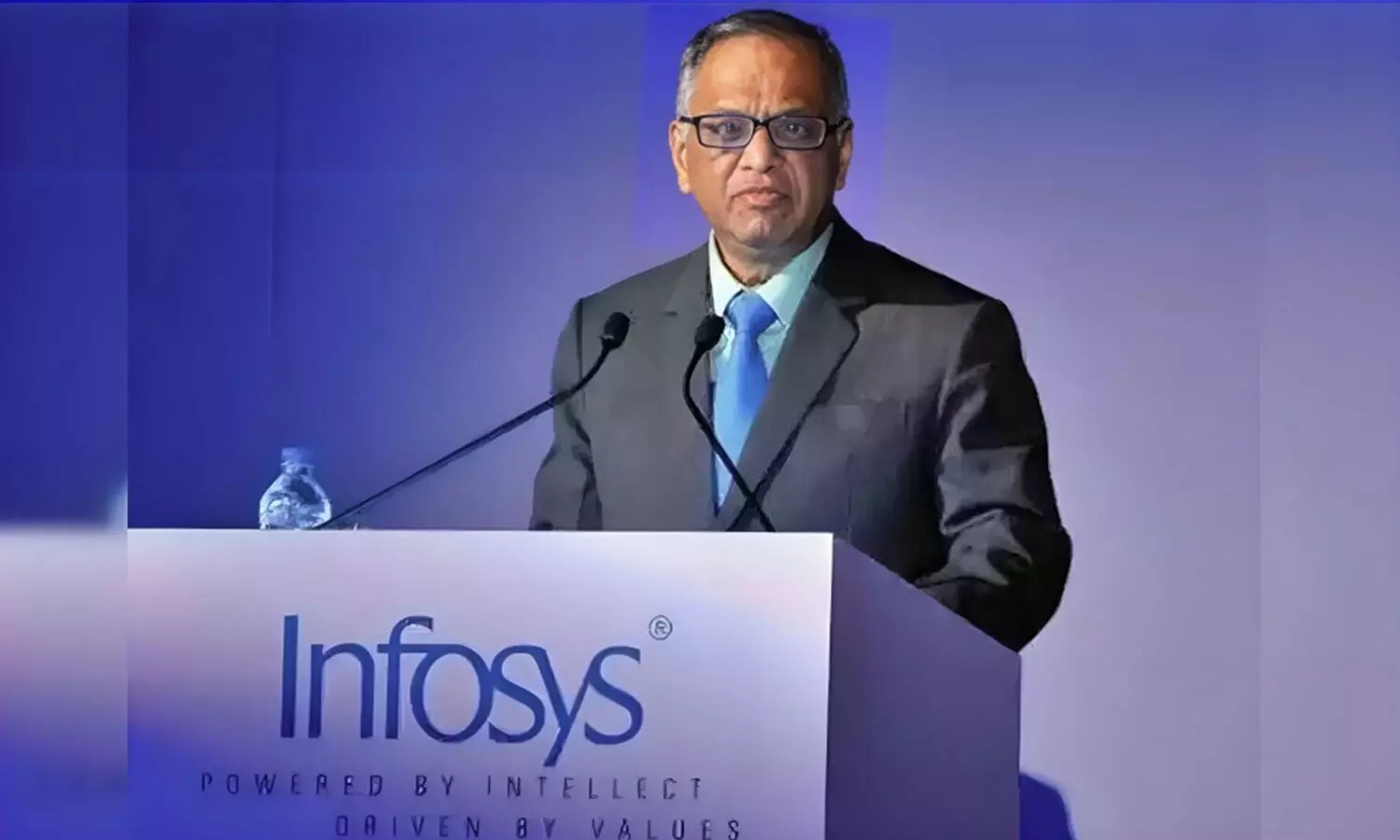Gifting Infosys Shares- Tax Implications for Narayana Murthy and His Grandson
There is a lot of interest regarding the potential tax implications surrounding the recent gift of shares worth Rs 240 crore from Infosys co-founder Narayana Murthy to his grandson Ekagrah Rohan Murthy, who is four months old.
image for illustrative purpose

The recent transfer of shares valued at Rs 240 crore from Infosys co-founder Narayana Murthy to his four-month-old grandson has aroused interest regarding the potential tax consequences. Murthy may not be immediately liable for taxes due to the act of gifting, but there are nuances to the situation that must be considered. A gift from a relative is exempt from taxation in India. This encompasses all members of the immediate family as well as any subsequent generations through marriage, including grandparents, parents, siblings, spouse, children, and their spouses.
"With the Gift Tax being abolished in India, the taxation of gifts, including shares, is governed by the Income Tax Act, 1961. When a grandfather gifts shares to his grandson, it is considered a transfer without consideration, i.e., a gift. According to the Income Tax laws in India, gifts received from relatives are exempt from tax, and relatives include grandparents. Thus, if a grandfather gifts shares to his grandson, the gift of shares would not attract any income tax in the hands of the grandson at the time of receipt, regardless of the value of the shares. If shares are transferred without any consideration, the market value of those shares is considered the income of the transferor. However, the gift of the shares by a grandfather to his grandson is also exempt from this tax and not considered as transfer, and hence, no capital gains would arise in the hands of the grandfather either," explained Ankit Jain, Partner, Ved Jain & Associates.
Tax implications
When the gift is received, the tax exemption is applied. The grandson, in this example, will be the one to pay taxes on any gains or income made from the bequest. The grandson will be entitled to all dividends paid by Infosys on the gifted shares as well as any future sale proceeds, should he choose to do so. Specifically, Narayana Murthy has moved shares valued at Rs 240 crore. When his grandson receives these shares, they won't be subject to taxes. No capital gains would accrue to Narayana Murthy because the gift is not a transfer either. The grandson's parent, however, would be the one to pay taxes on any dividends received from these shares. The grandchild would obtain a dividend of approximately Rs 4.8 crore, which would be divided between his parents, thanks to the dividend yield of nearly 2%.
When the grandson sells the shares he received as a gift from Narayana Murthy—worth Rs 240 cr—to a third party, he will be subject to the capital gains tax, which is around 10% in this case.
According to Alay Razvi, Partner, Accord Juris LLP on gifting Infosys shares,
"There is no limit on such gifts within blood relation, whole of such amount is exempted, whether it is moveable or immovable. However, in cases where it is not within the blood relations, applicability on taxes for moveable and immovable will have to be calculated and paid. In case of immovable properties, any earnings made through rental, a 30 % slap rate will be added to the income of the father or mother of the grandson.’’

